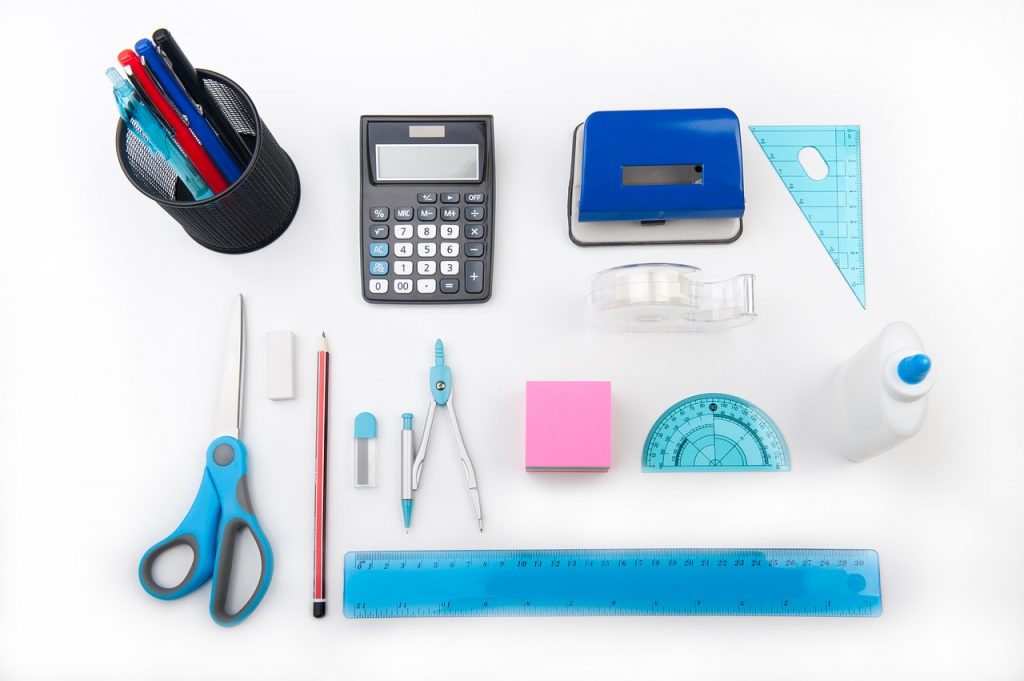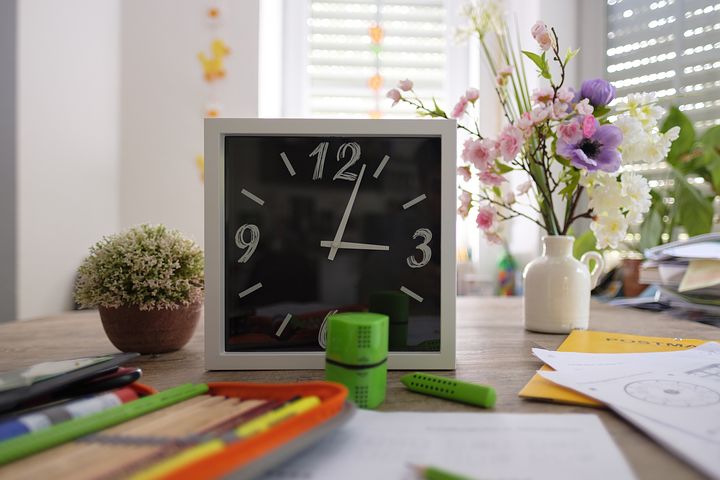It's back to school time, which means its time to start thinking about homework. And how to get your kids to actually do it! Many companies try to design great work spaces for their employees — clean, spacious areas where productive work is encouraged. So why wouldn’t you do the same for your kids when it comes to setting up a place for homework?
You could carve out a nook in his or her bedroom, empty a closet in the hallway and fashion a cozy desktop or establish a place in the kitchen. Any kind of organized, comfortable space can help kids work more efficiently, education experts say. This means your child won't have to waste time hunting for supplies or shuffling things around to find a place to work, which will encourage good study habits and establish a consistent work ethic.
Most elementary school kids will do better if their desks are facing away from a window or door, even though they may prefer otherwise. The place you choose for a desk or small table should be one that gets good light but also isn't prone to distractions. Placing it against a wall allows your child to glance up at items or papers pinned to calendars, dry erase or bulletin boards.

For kids in younger grades, working in a more public space is better than working alone in a bedroom, since they are more easily distracted and may need more guidance from you or an older child. This is when your dining table, breakfast bar top or kitchen island can serve as a desk.
There are few things kids delight in more than having a stash of great supplies. Stock up on pencils, pens, highlighters, scissors, and a ruler, storing them neatly in cups to keep the desktop clutter-free. For older kids, a cabinet, drawer, or a system of files is important for storing completed work and returned assignments. You can even create a separate 'Turn It In' folder where they can put anything that needs delivering to the teacher the next day, nipping that “dog ate my homework” excuse in the bud.
The more serious you are about providing a space and some guidelines for your child to study, the better habits he or she will develop, eventually aiding them in the workplace as they grow into adulthood.



